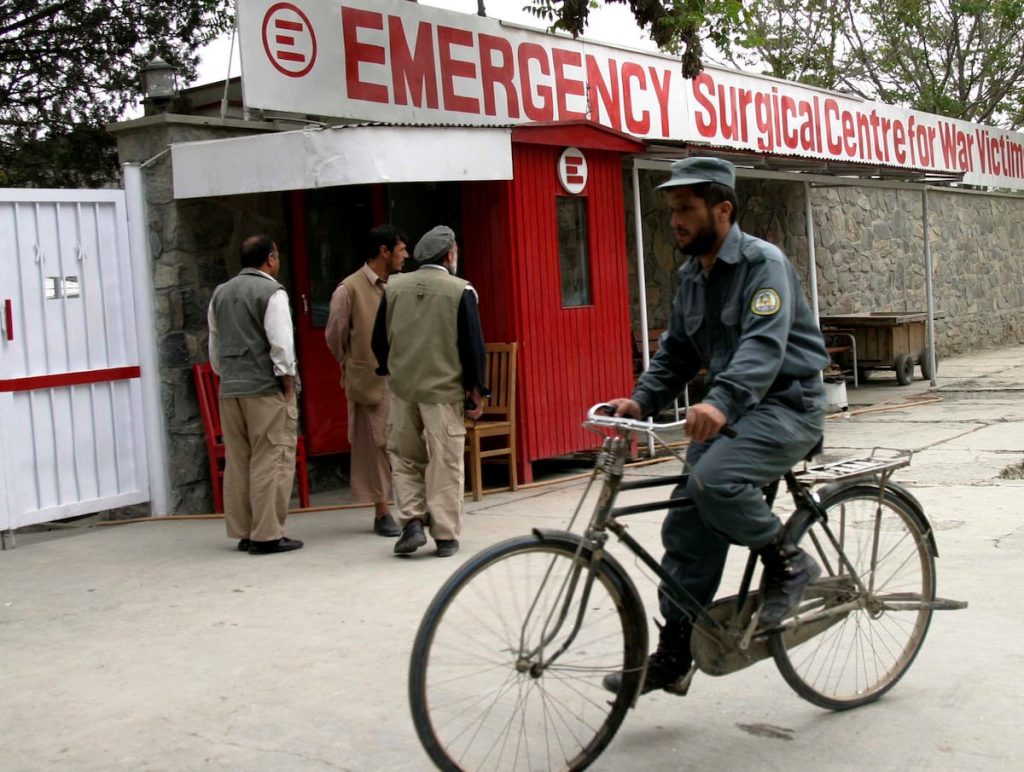Against the Compass, the travel agency that organized the trip in which three Catalan tourists were killed and a Basque woman was gravely injured in Afghanistan, promoted tours to countries like Afghanistan, Syria, Libya, Mauritania, and Iraq, despite the risks involved. The agency described Afghanistan as one of the most incredible countries in the world and attempted to dispel fears by stating that the country was safe for foreign visitors, as long as they respected Afghan culture. The Spanish tourists were part of a group of 13 people on a 10-day trip to Afghanistan that cost 2,800 euros, with the itinerary claiming that the country had significantly improved in terms of security under the new Taliban regime.
Contradicting the assurances of travel agencies, the Spanish Ministry of Foreign Affairs strongly advised against traveling to Afghanistan, citing risks of kidnapping or attacks throughout the country. The attack on the tourists occurred in Bamiyan, a region in central Afghanistan, where a gunman targeted the group while they were shopping at an outdoor market. The attack resulted in the deaths of six people, including three Afghans and three Spaniards. The local branch of the Islamic State claimed responsibility for the attack, emphasizing the ongoing risk of terrorism in the region despite reassurances from travel agencies.
The Spanish tourists had travel insurance through IATI Travel Insurance, which facilitated the repatriation of the uninjured tourists and the medical evacuation of the injured woman to Bilbao. The woman was transferred to a hospital in Bilbao after receiving initial treatment at a war-wounded surgical center operated by the Italian NGO Emergency in Kabul. The repatriation of the deceased tourists was covered by their life insurance policies. Spanish Foreign Minister Albares confirmed that all affected Spaniards had left Afghanistan and expressed gratitude to the consular emergency service and diplomats for their assistance in the aftermath of the attack.
Against the Compass, the travel agency responsible for organizing the ill-fated trip to Afghanistan, has not responded to requests for comments since the attack took place. The agency was founded by Joan Torres, a budget-conscious traveler from Barcelona, whose travel blog evolved into a prominent travel company specializing in promoting tourism in risky destinations such as Syria, Iraq, and Afghanistan. Despite assurances from the agency regarding the safety of travel in Afghanistan, the tragic incident involving the Spanish tourists highlights the unpredictability and danger that continue to exist in such conflict-affected regions.
The incident serves as a reminder of the inherent risks associated with traveling to volatile areas like Afghanistan, where conflicts and security threats persist despite attempts to portray the country as safe for visitors. The conflicting narratives between travel agencies promoting tours to unconventional destinations and official travel advisories from governments underscore the complexities and uncertainties faced by tourists venturing into high-risk regions. The tragic loss of lives and the injury sustained during the attack on the Spanish tourists underscore the unpredictable nature of conflict zones and the importance of heeding official travel warnings and exercising caution when planning trips to such areas.


